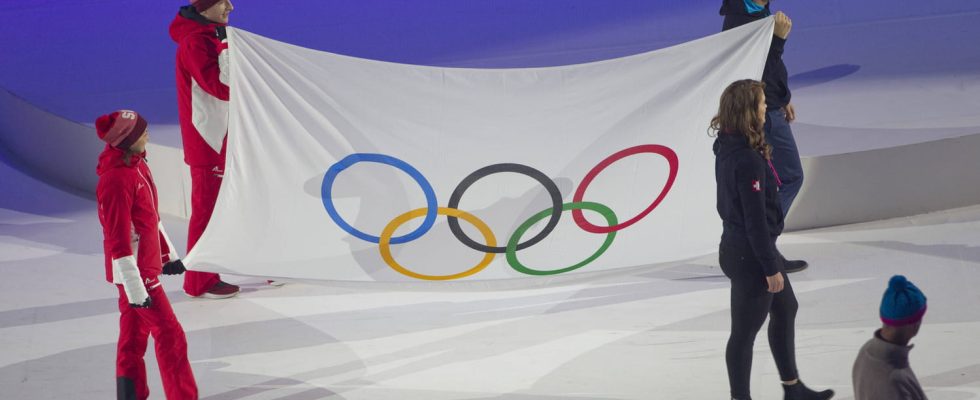Performance is at the heart of the Olympic Games competition, and its motto “always higher, always further”, with one limit: doping. However, some are already breaking down this barrier.
Sports performance has always been at the heart of the Olympic Games. Even before the advent of modern games in 1896, the games of Olympia, in Antiquity, were an opportunity for each city in Greece to show its superiority over its neighbors through sporting events. Over the years and editions of the Games, the time barriers have fallen and each Olympic and world record broken brings the crowds to their feet.
Among athletes, everything is done to maximize performance and win the tenth, hundredth or even thousandth of a second that will make them history. Falling below the legendary two-hour mark for the marathon, beating Usain Bolt’s 9’58 over 100 m or 19’19 over 200 m, this is what motivates athletes and creates this very particular enthusiasm around the Olympic Games.
However, a credo remains at the center of the Olympics: “healthy mind in a healthy body”, clean sport, without doping. Long before the creation of the World Anti-Doping Agency in 1999, the IOC founded its own medical commission in 1967 to detect abuses and promote fairness at the center of competition. For its doping system, Russia was also excluded from the 2020 and 2022 Olympic competitions. A total of 142 medals have been withdrawn for doping since 1912.
This exaltation of “clean” sport, however, is not to everyone’s taste. In 2023, Australian businessman Aron d’Souza announced the creation of Enhanced Games. At the heart of his idea, the legalization of doping in order to break new records. This somewhat fanciful character, who compares himself to an “Elon Musk of sport” (but also to Martin Luther King!), believes that the possibility of doping would open up new possibilities for science, and would be an opportunity to show the human capacity in the search for performance, including through medicine.

The project, supported by a former adviser to Donald Trump, billionaire Peter Andreas Thiel, wants to offer “one million dollars per world record broken”. The Australian, a former rugby player, has already announced the start of qualifying from August 12, 2024, the day after the end of the Paris Games, and wants to organize the competition in 2025.
If some athletes could be tempted, such as swimmer James Magnussen, world champion in 2011 and 2013, most of the players in the industry are opposed, even dismayed, by this initiative. For Anna Meares, Olympic track cycling champion in 2004 and 2012, these Enhanced Games are “a joke, unfair and dangerous”. For his part, the president of the International Athletics Federation Sebastian Coe described Aron d’Souza’s idea as “bullshit”, assuring that athletes who participated in it would be “banned”. The World Anti-Doping Agency, for its part, considered the project to be “dangerous and irresponsible.”
